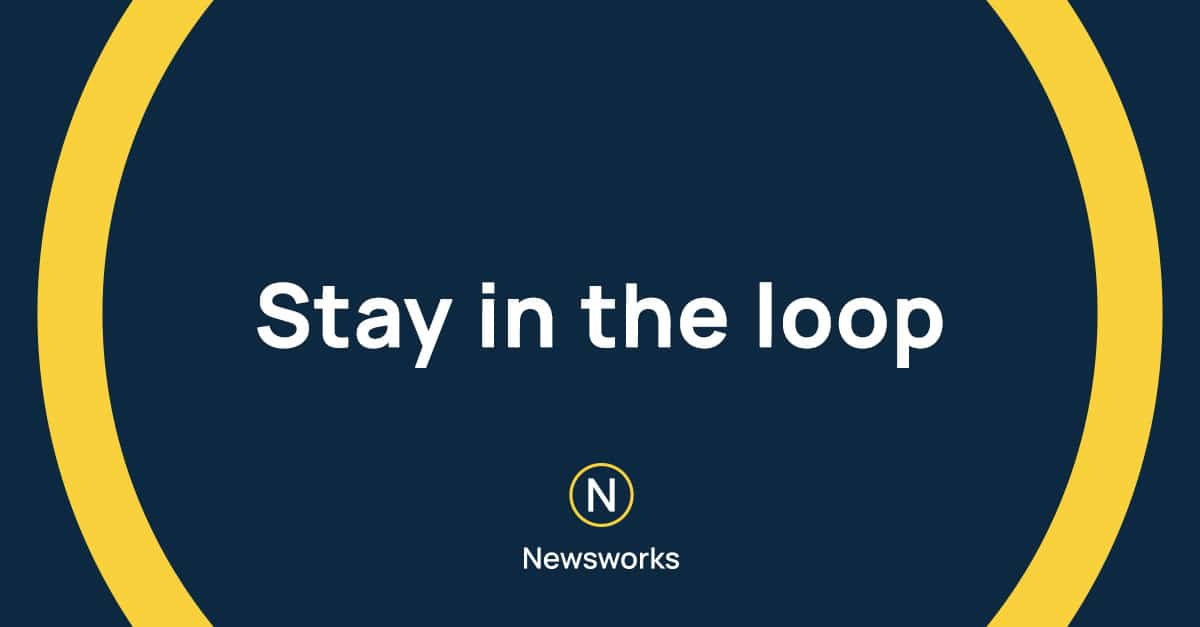Ad alliances like the The Ozone Project encourage publishers to come together to “demonstrate modern advertising values”.
The value of premium digital advertising is fast becoming one of the most talked about topics in our industry. Although it is widespread, there is still a long way to go in terms of its influence in the choices advertisers face.
On alliances such as The Ozone Project – the premium advertising network the newspaper founded with the Telegraph and News UK – Nicklin says: “Ozone is still, as a combined entity, significantly more premium than the long tail of the open market. I’m not going to make any subjective calls about the journalism on any of the other platforms, because that’s not what this is about. This is about saying that through all of us coming together, we combine our environments.
“The Guardian’s very different to the Daily Mirror for instance. However, together we still offer a more premium environment than the long tail of the web.”
A call to action
The attitudes towards the importance of accurate audience data and quality content still needs to change says Nicklin. He cites education as a solution to getting more brands on board and educating them on the fact that although scale is important, quality trumps reach and we all need to take responsibility to ensure that ads prioritise quality rather than quantity.
Nicklin added: “Where we come to is a place where a lot of it’s our own fault because we [as an industry] bombarded people with ads that have not been very good. We’ve misused their data and chase them around the Internet with stuff… and we’ve just annoyed people.
“You pull all that together and it’s no surprise that trust in advertising is at an all-time low. What’s really interesting is the group [of publishers] who are coming together that are really demonstrating modern advertising values, because they’re focused on meaningful reach: I want scale, but I want scale worth something because it’s got attention, as opposed to just hitting random big numbers.”
Overzealous brand safety
Another topic high on the agenda for advertisers is brand safety. Many brands try to avoid their content being placed next to political challenges and Nicklin worries about the impact on publishers and brands alike.
Nicklin commented: “That’s the unintended consequence I’m most worried about because actually there’s a load of work that Newsworks have just done working with some neuroscientists that show that advertising next to politics and hard news has more of an impact than advertising next to the more lifestyle magazine-based content, which is fascinating.”
As we move forward, the main objective for publishers to continue to demonstrate its ability to reach premium, high quality audiences, and secondly for advertisers to see the value it brings.
The Guardian recently reported its operating profit, demonstrating the success of the publication’s three-year strategy. Nicklin aims to continue to harness this success to encourage more brands to advertise in the paper – online and offline.
Source: The Drum

